Ocean School
2018
Selections and Awards
Finalist – Nature Inspiration AwardsCanadian Museum of Nature 2022
Winner - Interactive Production - Youth Numix Awards 2019
Finalist Japan Prize for Educational Media 2019
Ocean School is the result of a dynamic partnership between the National Film Board of Canada and the Ocean Frontier Institute at Dalhousie University.
This immersive learning experience features innovative and engaging content created by a team of scientists, educators and storytellers, illustrating how we all have a role to play in protecting the ocean, and seeking to inspire the next generation to take action!
Ocean School’s mission is to better understand how we shape the ocean, and how the ocean shapes us.
Ocean School learners join experts from the worlds of ocean science, business and culture as they explore the complex relationship between humans and the ocean. Students are challenged to apply their knowledge through critical reflection and engaging activities. By redefining the way we engage with science and learn about the ocean, Ocean School strives to create the next generation of ocean leaders.
A WORD FROM THE PRODUCER
“Since launching Ocean School in 2018, we have been soliciting feedback from educators, students and partners. Over the last 18 months, we have fundamentally redesigned our offer to make it a frictionless, accessible, mobile-friendly experience. Our searchable resource library features over 100 pieces of media and educational activities ready to be shared with students in just a couple of clicks. In the context of the UN Decade of Ocean Science, we believe this is a necessary and impactful tool.”
– Jac Gautreau, Executive Producer
CONTENT
Guided by an onscreen youth explorer, learners join ocean subject-matter experts from academia, government, Indigenous communities, NGOs, industry and other sectors/stakeholder groups in the field as they work together to tackle some of our most pressing questions about the ocean. While ocean science is the backbone of Ocean School’s educational content, the platform also integrates socioeconomic and cultural dimensions of the human relationship with the ocean, including Indigenous and Traditional Knowledge. This highlights the important cultural role of the ocean, and ensures scientific issues are put into the broader real-world context.
Ocean School strives for onscreen diversity in gender, ethnicity, educational background, geographic region and subject-matter expertise. This promotes objectives in youth empowerment (especially for girls and under-represented populations) and provides exposure to a broad range of marine career paths. Ocean School encourages youth interest in STEM-related careers (science, technology, engineering and math). Immersive technologies provide learners with the tools and practices that scientists use every day.
- What is Ocean School?
Ocean Schoolis a free environmental education resource for students in Grades 5–12. Our inspiring and immersive multimedia resources featuring linear and 360-degree videos, VR/AR, interactive media and hands-on projects and activities are offered in English and French. Our cross-curricular content spans science, social studies, language arts and more!1b. How does it work?
Ocean School is delivered through an innovative web platform that guides the learner through immersive multimedia content to explore and foster deep engagement with ocean science and culture, using an interdisciplinary perspective.
- To whom is it dedicated?Ocean School’s target audience is students in Grades 5–12.However, its modular design and its customization capabilities allow teachers to adapt it for use in a variety of contexts and for learners of all ages to use it outside of the classroom.
- Who had the idea of creating Ocean School, and why?
Boris Worm, a biology professor from Dalhousie University, and Paul McNeill, an NFB producer based in Halifax.Dr. Worm felt there was a gap in young people’s understanding of the ocean and that this was the most sustainable way to foster ocean literacy.The NFB was exploring new ways to create engaging and impactful educational content for students and teachers.Ocean School’s objective is to fill this gap and bring about a better understanding of our impact on the ocean and the ocean’s impact on us.
- How does it compare to other sources of ocean literacy?
To the best of our knowledge, it is currently the most comprehensive audiovisual learning experience using inquiry-based learning.
- What new technologies were used in the creation of this site?
Ocean Schoolutilizes cutting-edge technologies to engage students, including 360-degree video, linear video, virtual reality, augmented reality, apps, interactive games, text and photo-based articles.Ocean Schoolis fully integrated with Google Classroom, Microsoft Teams and social media to support class administration, assignments and lesson techniques.
- What is inquiry-based learning?
Inquiry-based learning (IBL) encourages students to take the lead in their learning experience. Asking their own questions, gathering evidence and taking action, learners practise the skills they need to participate in knowledge creation.Students and educators share responsibility for identifying issues affecting the ocean that students can investigate further. Together, they engage in critical thinking, collection and analysis of evidence, logical reasoning and creative problem-solving.
- How does Ocean Schoolrelate to my curriculum?
Ocean Schoolis designed for national and international audiences and draws inspiration from many curricula. It targets Grades 5 to 12 and is highly interdisciplinary, aiming to provide content for all subjects through an ocean lens.Educators can search the web platform content by keywords and filter by grade, subject, type of media and activity time. Our materials are tagged with key concepts and competencies to help make connections to your curriculum.
- Who can register for Ocean School? Teachers? Parents? Kids?
Ocean Schoolis free to use and explore for all! There’s no need to register, sign up or log in. Dive into learning right away! Choose a resource, share the link with students and get started. At Ocean School, learning is never more than a click away!Parents can use Ocean School to support their kids for home-schooling and extracurricular learning.Any individual who is looking for an innovative tool to support their lifelong learning ambitions can explore as well!
- Is Ocean Schoolbilingual?
Ocean Schoolis fully bilingual and available in both English and French. We hope to add additional languages, including those spoken in Canada’s Indigenous communities, as Ocean School continues to grow and evolve.
- Is Ocean School available around the world?
Ocean Schoolis not geo-blocked and is available for free around the world.
- Who are the partners behind Ocean School?
Ocean Schoolis a unique partnership between Dalhousie University, under the auspices of the Ocean Frontier Institute, Ingenium – Canada’s Museums of Science and Innovation, and the National Film Board of Canada. Initial design of the Ocean School platform and the production of the Northwest Atlantic Unit of Ocean School were financially supported by the Department of Fisheries and Oceans Canada and the Nova Scotia Department of Education and Early Childhood Development. We look forward to continuing our work with these partners, and to welcoming additional new partners to the Ocean School
- Were teachers consulted in the development of Ocean School?
Yes! Throughout the development of Ocean School, the team held several focus groups with prototypes across the country and tested in classrooms across four provinces. We regularly work with educators, consultants and education specialists.
- What’s the role of CCUNESCO in Ocean School?
CCUNESCO proudly endorses Ocean School and is working with the Ocean School team to promote the use of the platform throughout CCUNESCO’s network of schools in Canada.
- Will Ocean Schoolbe available one day as an app?
Certain activities allow pairing with mobile devices, to experience virtual reality, 360-degree and linear videos, and an augmented-reality app that takes viewers below the ocean’s surface.There are no immediate plans to make Ocean Schoolavailable as an offline application at this time; due to its interconnectedness, a Wi-Fi connection is required. However, the team hopes to develop offline functionality in the future.14b. What are the devices and optimal browsers for Ocean School?
With our new responsive design, you can enjoy Ocean School on a variety of devices and browsers, such as Chrome, Safari, Firefox and Edge. Watch a 360-degree video on your phone or browse a collection on your tablet! Now you can take Ocean School with you on the go.
- Can special-needs students use it?
Students who require support can use Ocean School. We believe that quality educational content should be available for everyone! That’s why we’re working to make our website meet the WCAG 2.0 accessibility standard. We’re rolling out closed captioning for our videos, described video for viewers with visual impairment, downloadable transcripts for our videos, and screen-reader compatible activities for learners. No matter how you teach or learn, you can always access our content!
- How many scientific fields are taught through Ocean School?
Ocean Schoolcovers a wide variety of subjects and disciplines—all through an ocean lens.Although STEM subjects are the backbone of Ocean School, these concepts are taught within the broader socioeconomic and cultural context of the dynamic human relationship with the ocean. This includes additional content related to Traditional Knowledge, economics, the humanities and the social sciences, all of which help learners connect scientific concepts to real-world issues.
- How could Ocean Schoolenhance awareness about climate change? What will students learn through this experience?
Students explore the impacts climate change is having on the ocean and the communities that depend on it, and work collaboratively to generate ideas for taking action in their own lives to address climate change.Climate change is a cross-cutting theme in Ocean School. It is integrated into educational content and student reflection activities across all of Ocean School.
- How many people would be able to use Ocean Schoolat the same time?
The experience is web-based and the platform is built to scale. There is no limit to the number of participants.
- How much does it cost to subscribe?
Ocean Schoolis available free of charge to all.
- What are your plans for the future of Ocean School?
We have just completed preliminary filming for our first North Pacific Module, about salmon, in Bella Bella, British Columbia, in collaboration with the Heiltsuk Nation, as well as initial shoots in Vancouver, in collaboration with Ocean Wise, for a future North Pacific Module on ocean plastics.
- How have Indigenous perspectives been included?
The Indigenous content inOcean Schoolwas created with Indigenous artists, Elders, producers and educators in Nova Scotia, New Brunswick and British Columbia.In the platform and supporting documentation, Ocean School has included acknowledgements of the land and traditional territory in which we have collected our stories and science for our content. Where appropriate, we also strive to use Indigenous place names and language.
NEW NFB EDUCATION OFFER Q&A
- What is the NFB’s new education offer?
The NFB’s new education offer is a learning destination designed to cultivate engagement and inspire creativity through and around storytelling innovation and media arts.The NFB is developing online, media-based and interactive thematic learning programs that are founded on the NFB’s productions and that foster deep learning, creativity and student action.
- For how long has the NFB provided an education offer to Canadian students?
For more than 70 years, the NFB has been an essential resource for educators in Canada. It has developed longstanding relationships with Canadian teachers and others in the field of education.Educators throughout the country turn to the NFB as a trusted source of Canadian media content conducive to learning.
- What are the components of the NFB education offer and what are the next ones to be launched?
The NFB’s upcoming learning programs are:
– Media School (early spring 2019);
– Indigenous Voices and Reconciliation (fall 2019).
- Why has the Quebec government selected CAMPUS as part of its new digital education platform offer?
The purchase of a CAMPUS licence by the Fédération des Commissions Scolaires du Québec is part of the ministry of education’s digital action plan.The ministry sees potential in offering the collection, along with its accompanying resources and tools, as a way to integrate high-quality digital educational resources into teachers’ pedagogical practices.
ABOUT INQUIRY-BASED LEARNING
Ocean School aims to build an ocean-literate society by challenging learners to think critically, ask questions, gather information, explore multiple perspectives and take positive actions to improve Canadian oceans and their interconnected ecosystems. Our goal is empowerment through action-driven inquiry-based learning, in order to bring about environmental and social change.
Inquiry-based learning (IBL) encourages students to take the lead in their learning experience. Posing their own questions and gathering evidence, learners practise the skills they need to participate in knowledge creation. On the Ocean School platform, the media experiences are designed to support open-ended investigations into a question or a problem. Students and educators share responsibility for identifying problems that students can investigate further. Together, they engage in critical thinking, collection and analysis of evidence, logical reasoning and creative problem-solving.
A STATE-OF-THE-ART EDUCATIONAL PLATFORM
Ocean School is free and features rich media experiences designed to foster deep engagement with current ocean challenges and solutions. Designed by education technology experts, in consultation with Canadian educators, the platform and its tools enable educators to push the boundary of inquiry-based learning—to harness learners’ experiences and creativity, and empower them to take increasingly greater responsibility for planning and assessing their own learning.
The Ocean School learning experience begins by presenting the learner with a critical challenge that guides their learning and ends with a “take action” on issues like habitat protection, sustainable fishing and traditional ways of knowing. Learners navigate the platform and its media-rich learning objects with agency and purpose. Ocean School is integrated with Google Classroom so that educators have all the tools they need to gather evidence and assess learning without disrupting the learner’s action-inquiry experience.
The experience is currently available in French and English, with plans to add additional Indigenous and international languages. Primarily designed for classroom learners aged 11–15, the modular and flexible nature of the platform allows the resources to be tailored to the technology available, irrespective of the participant’s age and interests.
Ocean School will be distributed to Canadian classrooms via a web-based platform, building on the National Film Board’s existing online educational offer, which currently reaches 4.1 million students—representing over 50% of the total number of students in Canada—and more than 4.5 million Canadians who can access the NFB’s existing platform through their public libraries.
Onboard the Coast Guard vessel Martha Black and the support vessel LeeWay Odyssey, youth host Isabelle Hurley and Dr. Boris Worm explored the depths of the Gulf of St. Lawrence. In Malpeque Bay, P.E.I., they surveyed marine habitats with scientists from Fisheries and Oceans Canada (DFO) and members of the community. They examined the impact of oyster aquaculture on eelgrass and ulva.
On Fogo Island, N.L., youth host Holly George and Boris, alongside local fishermen and scientists from Ocean Wise, the Marine Institute and DFO, explored the complexities of managing marine natural resources and the potential recovery of cod.
On Grand Manan Island, N.B., youth host Anisha Rajaselvam and Boris tried to find out why the right whales seemed to have stopped coming to the Bay of Fundy.
OUR JOURNEY SO FAR - OPEN OCEAN
On Cocos Island, youth host Sergio Madrigal Mora and Boris worked with Costa Rican scientists to try and understand the movement of sharks.
OUR JOURNEY SO FAR - NORTH PACIFIC
The Harvest collection was filmed and developed on unceded Haíɫzaqv homelands and waterways. Learn how herring, salmon, and the Haíɫzaqv People are interconnected in the rich ecosystem of what is now known as British Columbia’s Central Coast. Celebrate the reciprocal relationship between the Haíɫzaqv and these keystone species—a relationship that’s over 14,000 years old!
Team
Dr. Boris Worm
Scientific Director
Photo
Janet Stalker
Program Director
Photo
Sonya Lee
Science Producer
Photo
Heather deLagran
Education Producer
Photo
Jac Gautreau
Executive Producer
Photo
Scott Simpson
Producer
Photo
Theo Belnou
360-Degree Videographer
Photo
Promotional Materials
FOGOS ISLAND
Loading...
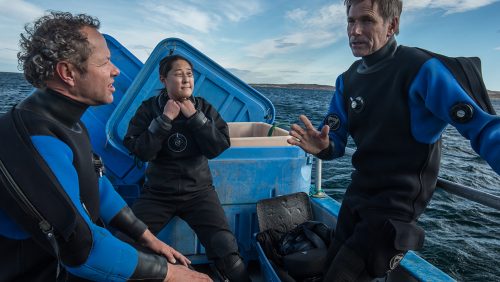
Download
Loading...
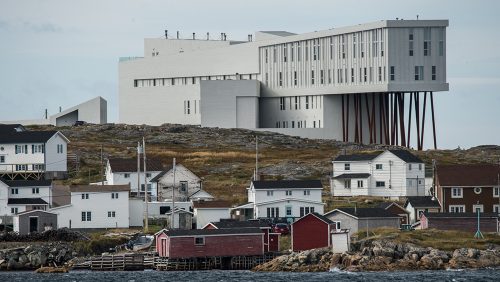
Download
Loading...
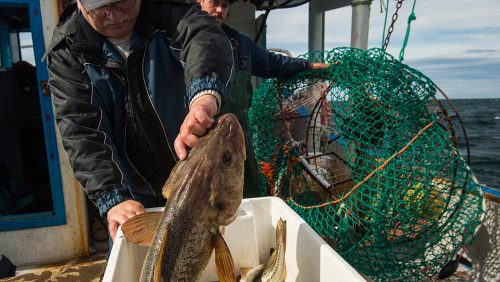
Download
Loading...
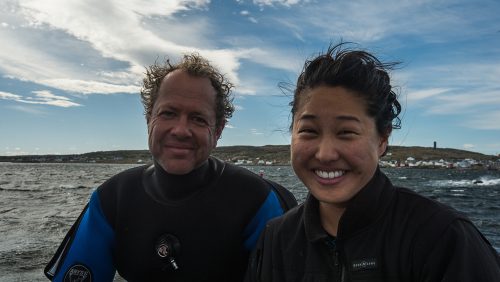
Download
Loading...
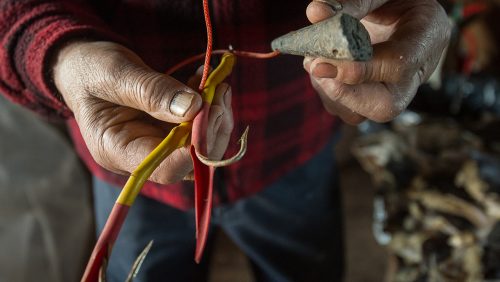
Download
Loading...
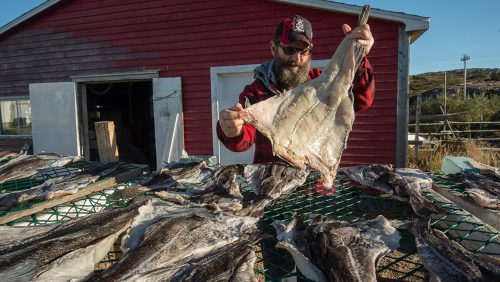
Download
Loading...
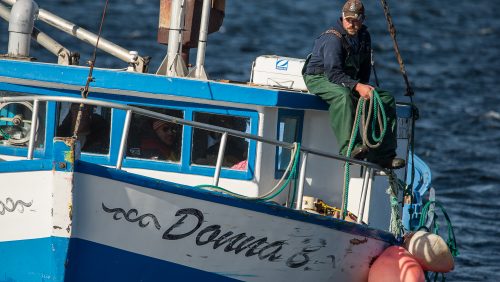
Download
Loading...
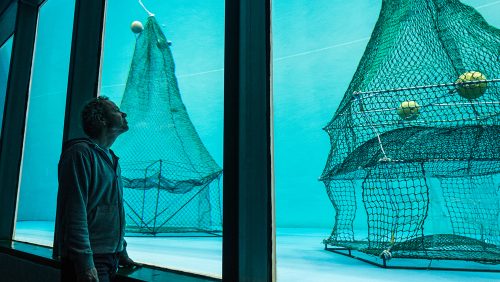
Download
Loading...
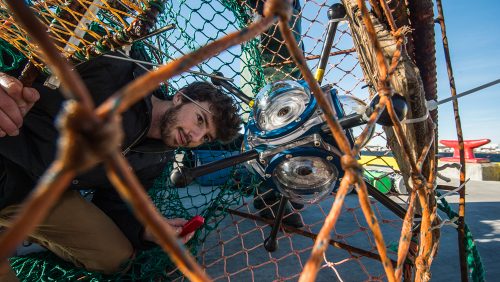
Download
Loading...
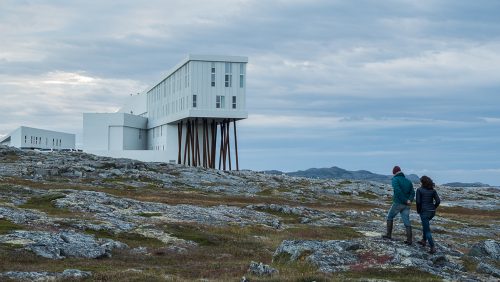
Download
GULF OF ST-LAURENT
Loading...
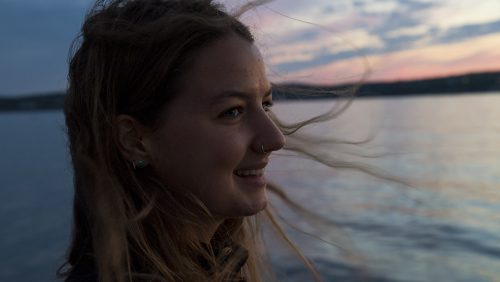
Download
Loading...
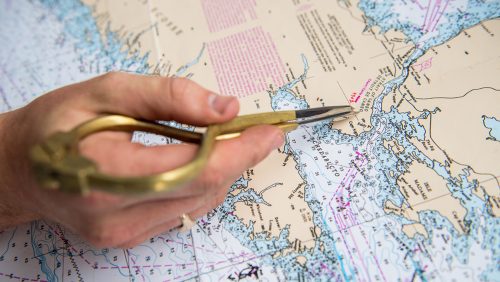
Download
Loading...
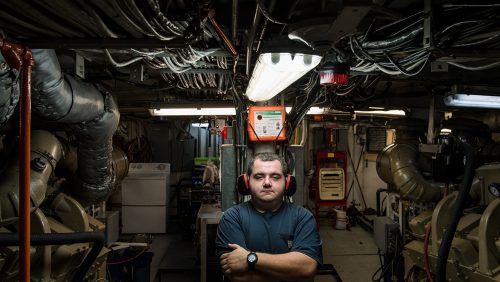
Download
Loading...
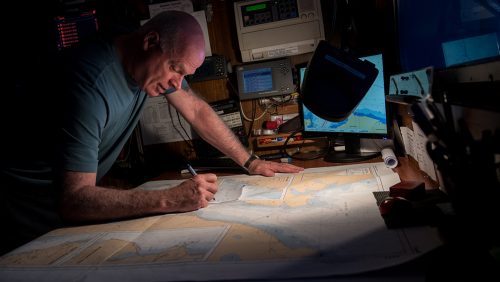
Download
Loading...
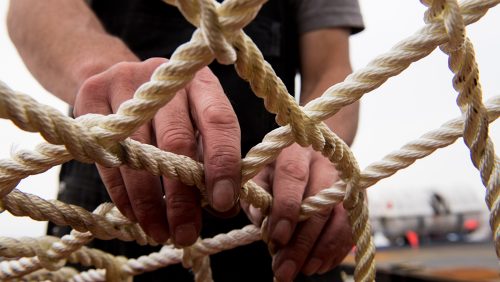
Download
Loading...
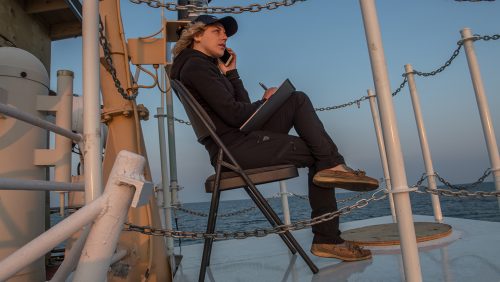
Download
Loading...
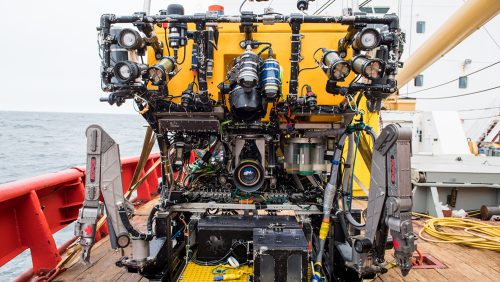
Download
Loading...
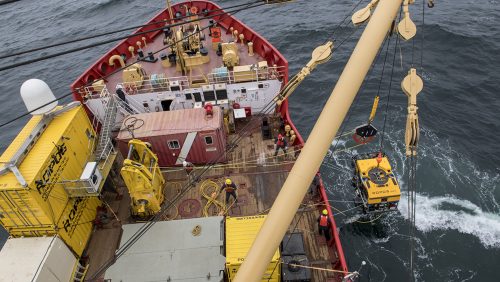
Download
Loading...
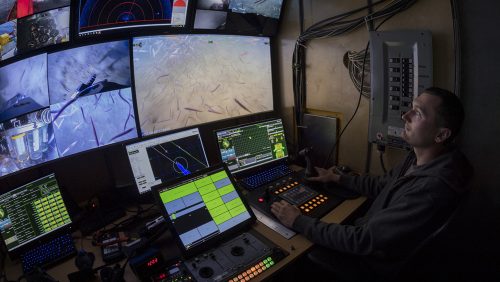
Download
Loading...
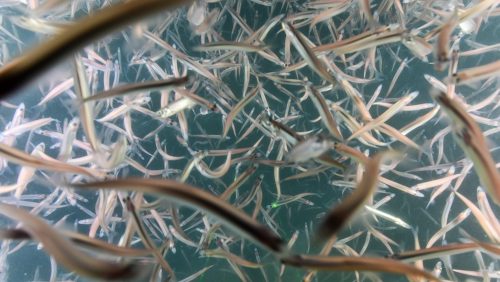
Download
Loading...
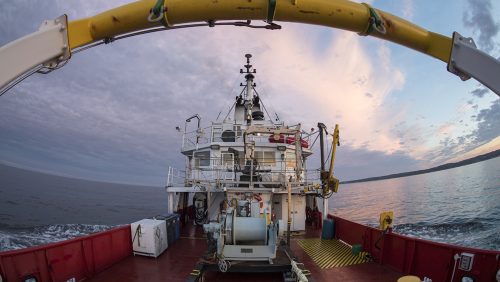
Download
Loading...
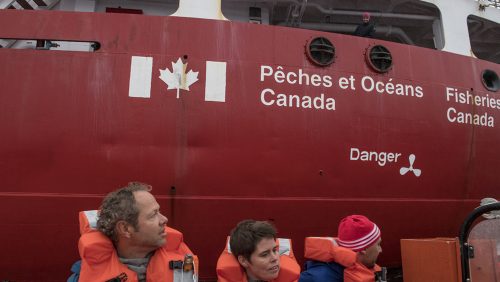
Download
COCOS ISLAND
Loading...
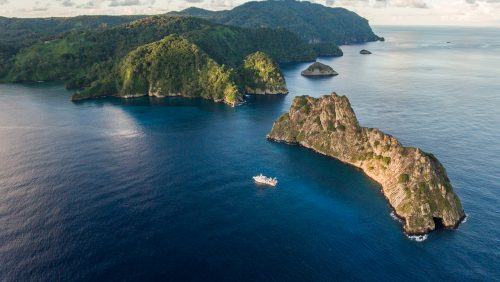
Download
Loading...
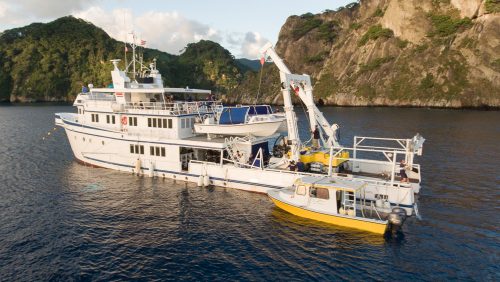
Download
Loading...
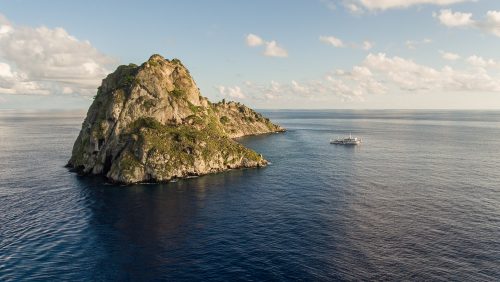
Download
Loading...
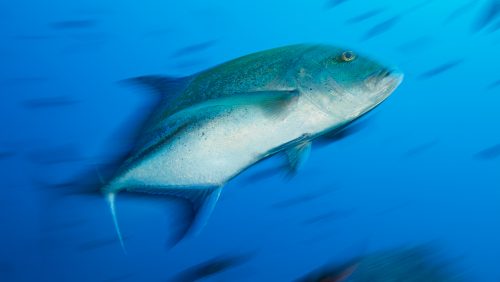
Download
Loading...
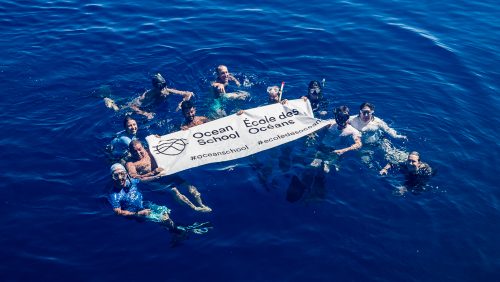
Download
Loading...
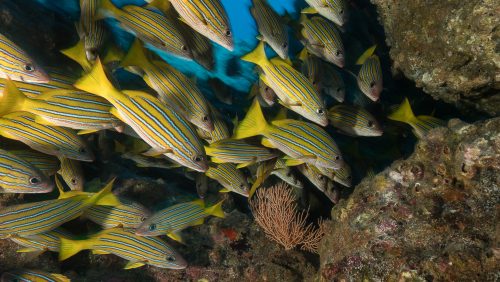
Download
Loading...
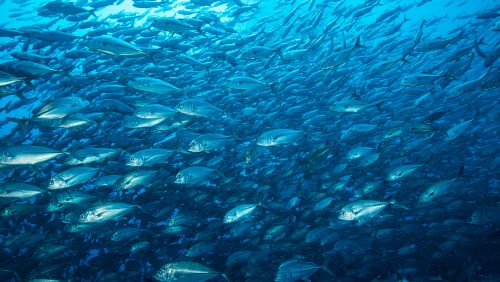
Download
Loading...
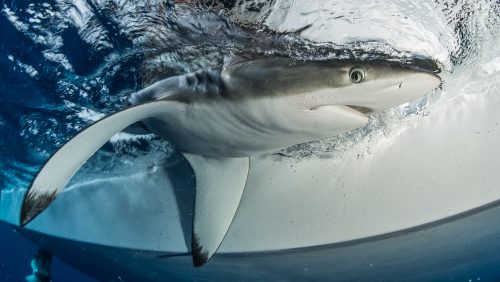
Download
Loading...
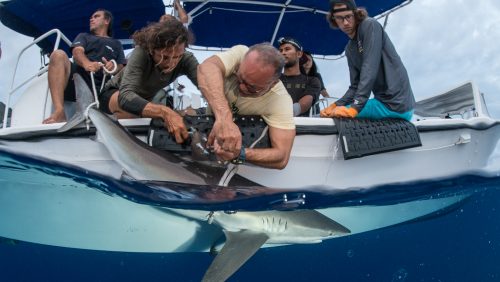
Download
Loading...
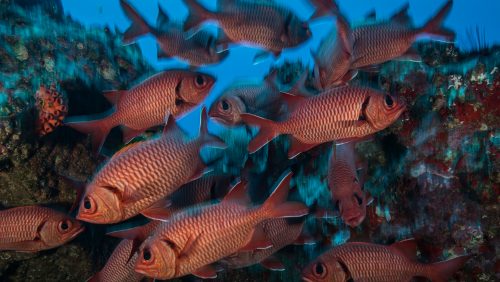
Download
Loading...
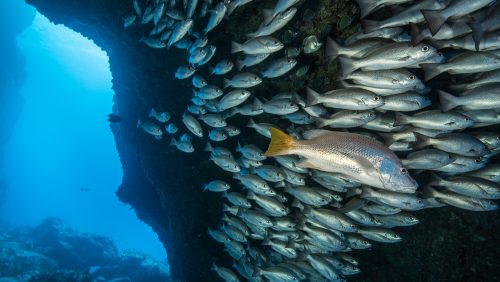
Download
Loading...
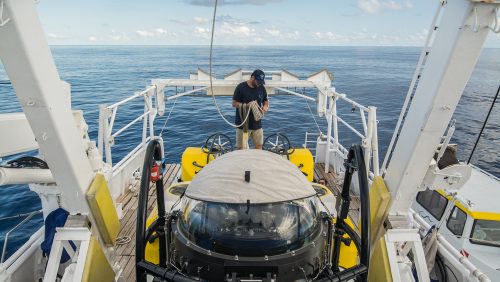
Download
Loading...
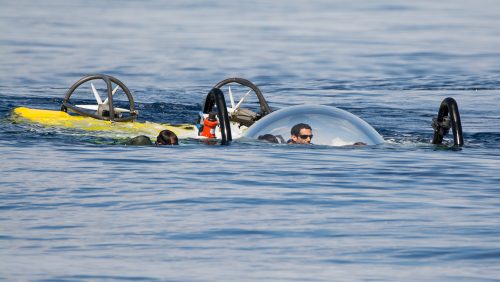
Download
Loading...
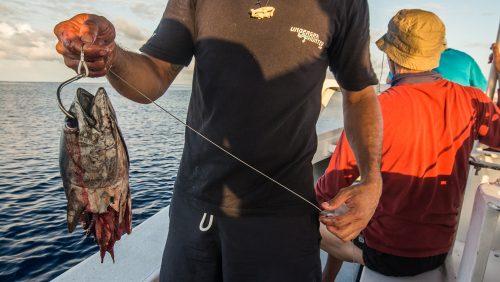
Download
Loading...
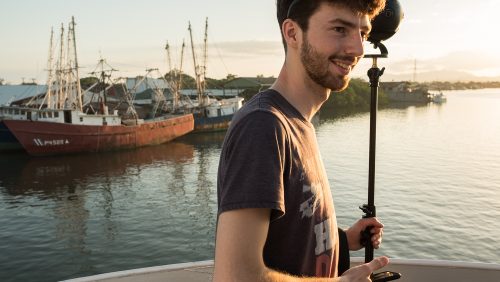
Download
Loading...
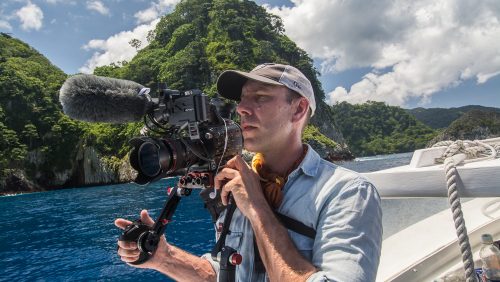
Download
Loading...
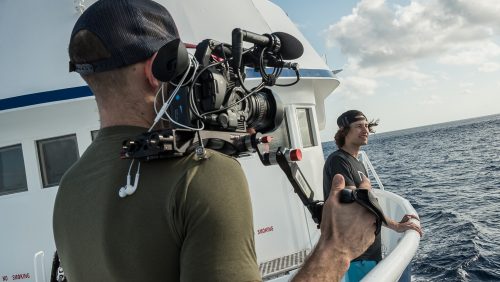
Download
Loading...
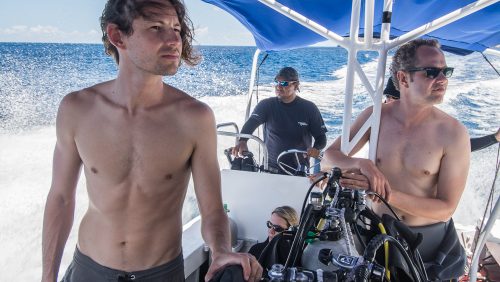
Download
Loading...
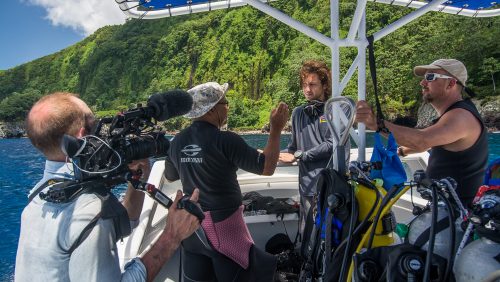
Download
Loading...
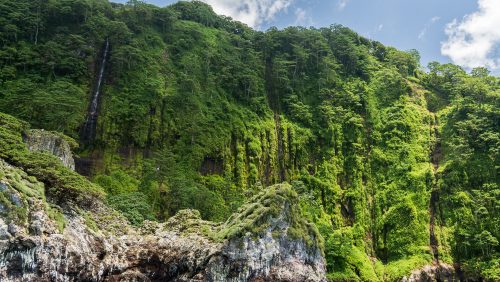
Download
Loading...
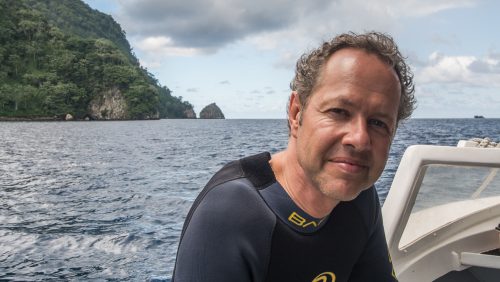
Download
Loading...
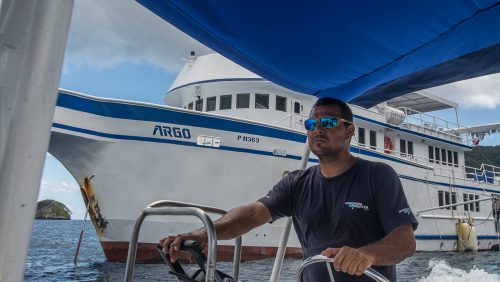
Download
Loading...
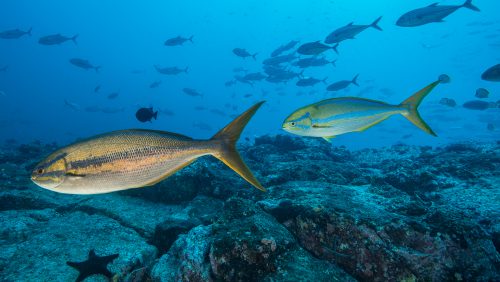
Download
Loading...
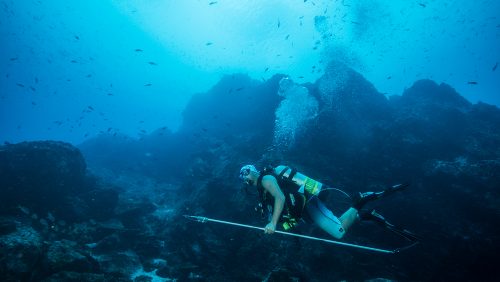
Download
Loading...
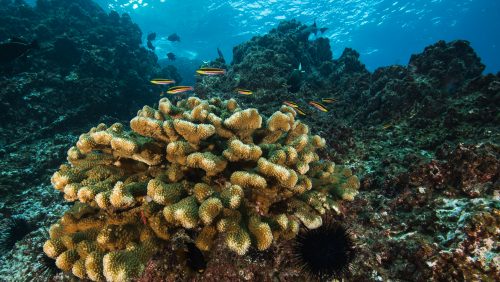
Download
Loading...
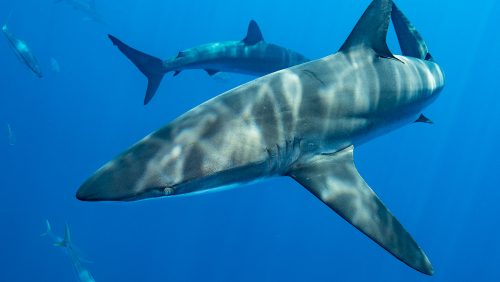
Download
Loading...
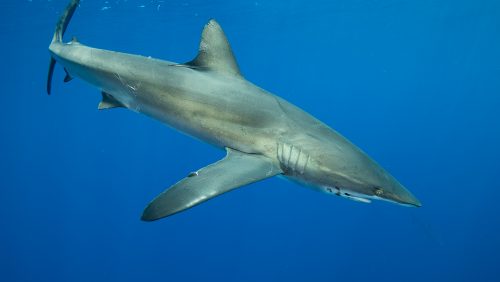
Download
Loading...
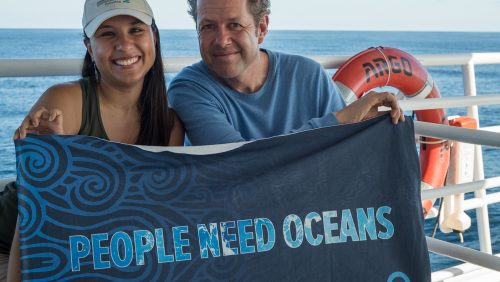
Download
TEASER (30 sec.)
TEASER (80 sec.)
Teaser COCOS
Le Retour du ROPOS
BORIS WORM: What is Ocean School?
OCEAN SCHOOL ROPOS - GULF EXPEDITION
Media Relations
-
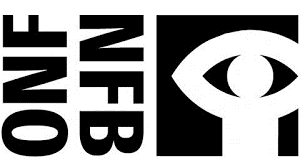
NFB
The NFB is Canada’s public producer of award-winning creative documentaries, auteur animation, interactive stories and participatory experiences. NFB producers are embedded in communities across the country, from St. John’s to Vancouver, working with talented creators on innovative and socially relevant projects. The NFB is a leader in gender equity in film and digital media production, and is working to strengthen Indigenous-led production, guided by the recommendations of Canada’s Truth and Reconciliation Commission. NFB productions have won over 7,000 awards, including 20 Canadian Screen Awards, 17 Webbys, 12 Oscars and more than 100 Genies. To access NFB works, visit NFB.ca or download its apps for mobile devices.
-
About Ocean Frontier Institute
The Ocean Frontier Institute, established in 2016, is a partnership led by Dalhousie University, Memorial University of Newfoundland, and University of Prince Edward Island.
Ocean Frontier Institute’s vision is to be a global leader in transnational interdisciplinary ocean research, producing demonstrable and enduring social, economic, and environmental benefits.
The Institute is now an international entity administering the Canada First Research Excellence Fund—The Safe and Sustainable Development of the Ocean Frontier, the Ocean Graduate Excellence Network (OGEN), Ocean School, and the North Atlantic Carbon Observatory (NACO).
-
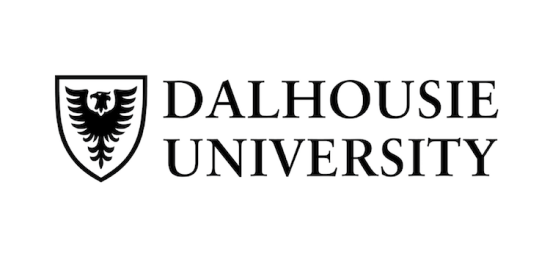
DALHOUSIE UNIVERSITY
Founded in 1818, Dalhousie University is Atlantic Canada’s leading research-intensive university. Located in Halifax, Nova Scotia, Dalhousie is situated within a cluster identified as one of the world’s top three international centres in ocean research. The university is proud of its leadership role with the Ocean Frontier Institute (OFI), which represents a historic partnership between three flagship Canadian universities and eight major international research institutes, as well as partners in the Government of Canada, federal laboratories, the National Film Board and industry from across Canada and around the world. Dalhousie is pleased to have co-founded Ocean School in partnership with the National Film Board of Canada to advance ocean literacy among young learners in Canada and abroad. Within Dalhousie, Ocean School operates under the auspices of the Ocean Frontier Institute.
-
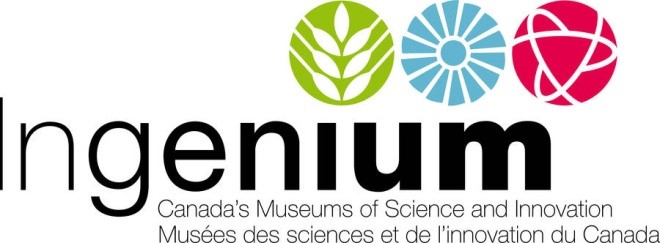
Ingenium represents a collaborative space where the past meets the future in a celebration of creativity, discovery, and human ingenuity. Telling the stories of people who think differently and test the limits, Ingenium honours people and communities who have shaped history — and inspire the next generation. Under the Ingenium brand, the three museums — the Canada Agriculture and Food Museum, Canada Aviation and Space Museum and the Canada Science and Technology Museum — provide a sensory experience that immerses young and old alike in the countless ways science and technology connect with Canadians’ everyday lives. This web portal is part of that experience: a place to learn and explore, play and discover. It’s an invitation to unleash curiosity, marvel at the power of human ingenuity to overcome incredible odds — and even be inspired to take part in the unfolding story of science and innovation!